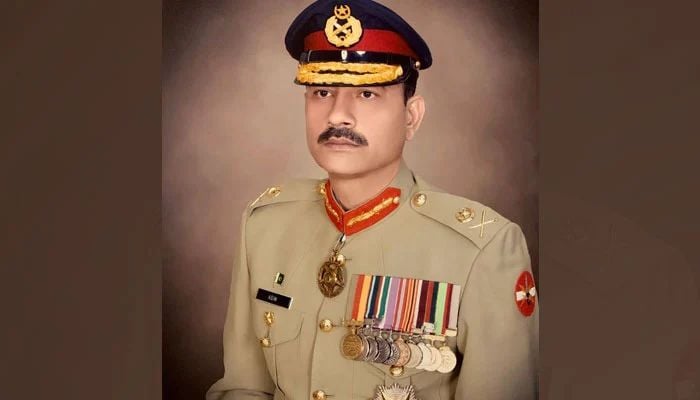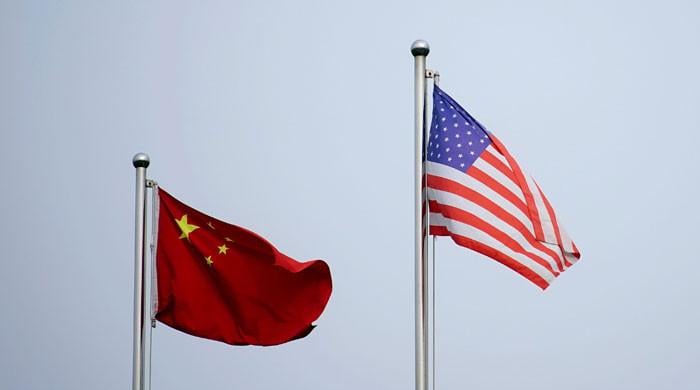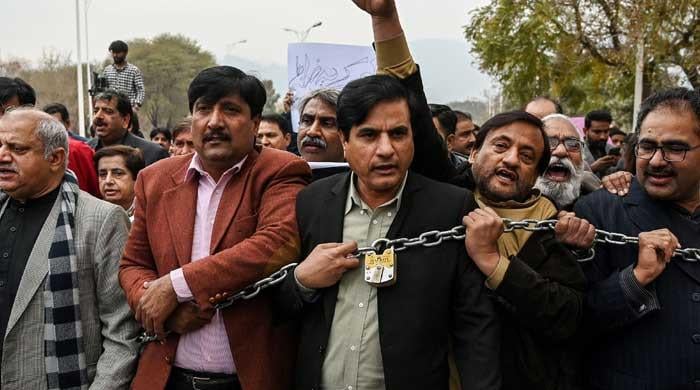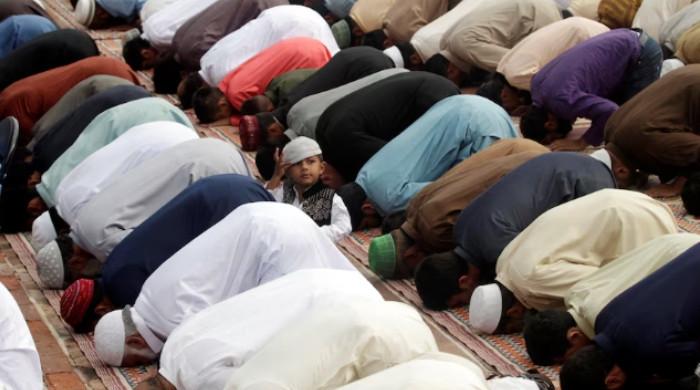Extending a warm welcome to the new commander at GHQ
First task that the new incumbent will have to undertake is to cast off any political germs that may have crept in
November 25, 2022

The time for the change of command at the GHQ has arrived. When this piece appears, it may already have taken place and the nation may finally know the name of the general who is going to lead the military for the next three years. But the way the entire process has been conducted so far and the controversies it has generated have soured the taste regarding one of the most important nominations carrying strategic and security bearings for the country.
Principally, this is due to the sheer incompetence of the government and the gnawing conflicts within that contributed to the confusion which persisted till the last moment.
An appointment of this nature must stay clear of any politicization as it reflects the trust of the whole institution and the people of the country. While the rank and file of the institution are ever ready to give their life at the command of the chief, the people also look up to the military as the defenders of their country.
So, the selection should be free of any controversy which is what the incumbent government has failed to ensure. Instead, the process has gone to the opposite extreme by generating confusion, chaos and conflict of an unprecedented nature, thus also damaging the stature of the institution.
The optics have been harrowing. Every political player seemed to have their own favourites. One also understands that there were disagreements in the choice of the new chief among various stakeholders.
The prime minister was a lost soul in this drama. When the pressure became unbearable, he decided to hide somewhere, on the pretext of suffering from COVID. He even tried to take off for Turkey to escape the heat but was advised halfway to abort the attempt.
Simultaneously, the atmosphere remained replete with rumours which continued to cast aspersions on various aspects of the selection process as also of the not-so-praiseworthy intentions of some people with their respective favourites.
Even the receipt or otherwise of the summary from the military outlining the potential choices the prime minister had to select the person from was rendered controversial with conflicting statements emanating from various ministers of the government. Ultimately, the military had to issue a statement that the summary had actually been despatched to the Prime Minister’s Office and duly received there.
This reflected extreme immaturity and a high level of insensitivity in dealing with the issue of the appointment which should have been handled in a far more professional manner than it was.
As a consequence, the image of the military has taken a beating. A professional institution like the military cannot afford to live with this image and the first task that the new incumbent will have to undertake is to cast off any political germs that may have crept in on account of the role of some individuals.
The institution will have to establish its non-political status to win the undisputed respect of the people which is essential in a country that is continually confronted with existential challenges which need immediate redress.
But sadly, there is a long history to this malady which is difficult to be erased quickly. A credible and continuing process will have to be instituted to ensure that there is never any lapse into the political domain and the military remains impartial to what may or may not be happening in that sphere.
This also puts a heavy responsibility on the shoulders of the politicians to learn to resolve their differences by themselves without involving the military high command which has been a routine practice in the past with virtually all previous chiefs getting entangled one way or the other, with several of them taking over the reins of the government through imposition of martial law.
This, in the ultimate analysis, put the country back in many ways – most importantly by thwarting the nascent movement towards nurturing of state institutions so that they could play their constitutional role and put the country on a trajectory of progress and development.
This not being the case, the institutions were reduced to acting as tools for those who occupied the seats of power, both of the military and civilian varieties. They did not feel secure in the system which was far too dependent on the goodwill of whoever commanded the military. This dependency syndrome became an increasing burden on the individuals and the institutions alike which impacted their confidence and performance.
This thing about civilian supremacy should be settled without leaving any ambiguity. Of course, the military has a key role to play in a number of important areas in aid of civil power, but it must learn to resist the temptation to get involved even when provoked or invited to the support of one party or the other.
The military’s neutrality must be an established factor and politicians should learn to fight their battles in strict conformity with the principles as laid down in the constitution.
There should also be no doubt that everyone, irrespective of their financial and governmental powers, would be held accountable before law for their conduct. There should be no exception to this enshrining principle to forge justice, equity and equality among all citizens as enunciated so emphatically by the Quaid in his August 11 speech from the floor of the first constituent assembly of Pakistan. There should also be a bar on politicians for enacting self-serving laws to protect them from legal censure simply because they happen to be the occupants of the seat of power. It is also time for the judicial system to wake up from its deep slumber.
It is rather a long bucket list. But it is a must if Pakistan is to move further on the road to asserting its freedom as also its prerogative to formulate policies which suit its economic and strategic interests. The military must be disentangled from the political web so that it remains poised to play its fundamental role of securing the state.
Let us extend a warm welcome to the new commander at the GHQ and wish him well in taking a course that would be beneficial for the institution of the military as also for Pakistan and its long-suffering people. They deserve a break from the vicious logjam they have been locked up in through decades.
The writer is a political and security strategist and the founder of the Regional Peace Institute in Islamabad. He tweets @RaoofHasan
Originally published in The News











